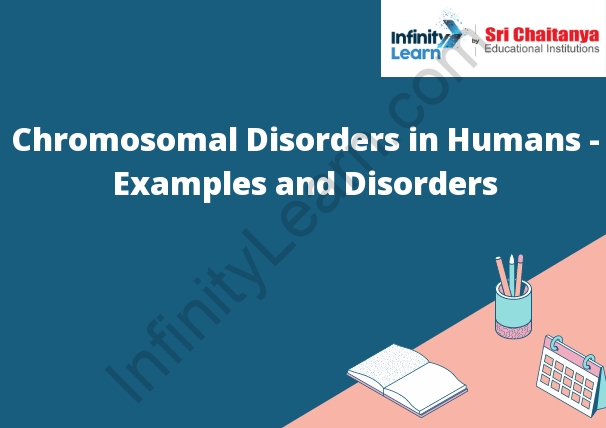Table of Contents
An Introduction to Chromosomal Disorders
Chromosomal disorders are conditions that are caused by problems with the chromosomes. Chromosomes are the structures in the cells of the body that carry the genes. There are normally 46 chromosomes in each cell, 23 from each parent. Chromosomal disorders can be caused by too many or too few chromosomes, or by a change in the structure of the chromosomes. Chromosomal Disorders in Humans – Examples and Disorders.
Some of the more common chromosomal disorders include Down syndrome, Turner syndrome, and Klinefelter syndrome. Down syndrome is caused by an extra copy of chromosome 21. Turner syndrome is caused by a missing X chromosome. Klinefelter syndrome is caused by an extra X chromosome.
Chromosomal disorders can cause a wide variety of symptoms, depending on the type and severity of the disorder. Some chromosomal disorders can be fatal, while others may only cause minor problems. Chromosomal disorders can often be detected before birth through prenatal testing. Treatment for chromosomal disorders depends on the specific disorder, but may include medications, surgery, or therapies.

Chromosomal Disorders in Humans
Chromosomal disorders are conditions that arise when there is an abnormality in a person’s chromosomes. Chromosomes are the structures inside cells that contain the genetic information that determines a person’s characteristics. There are 46 chromosomes in each cell of a human body, 23 from each parent. Chromosomal disorders can occur when a person has too many or too few chromosomes, or when a chromosome is missing or duplicated.
Some common chromosomal disorders include Down syndrome, Turner syndrome, and Klinefelter syndrome. Down syndrome is caused by an extra copy of chromosome 21. This extra chromosome causes a variety of physical and mental abnormalities, including a smaller head and a flattened face. Turner syndrome is caused by a missing X chromosome. This can lead to physical abnormalities, such as short stature and infertility, as well as learning disabilities. Klinefelter syndrome is caused by an extra X chromosome. This can lead to a variety of physical and mental abnormalities, including breast enlargement and infertility.
Example of Disorder Due to Duplication:
Duplication of a gene can cause a disorder due to the overexpression of the gene. For example, if a person has a duplication of the CFTR gene, they may have Cystic Fibrosis, which is a disorder that affects the lungs and digestive system.
Example of Disorder Due to Translocation:
One example of a disorder due to translocation is Down syndrome. This disorder is caused by an extra copy of chromosome 21, which is due to a translocation between chromosomes 14 and 21. This extra copy of chromosome 21 disrupts the normal development of the body and can lead to a variety of health problems.






